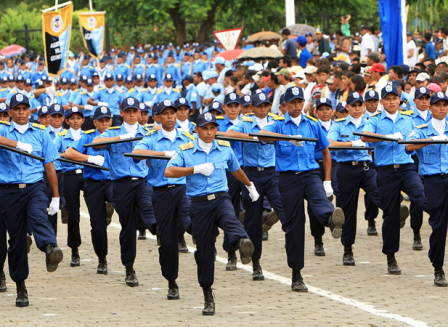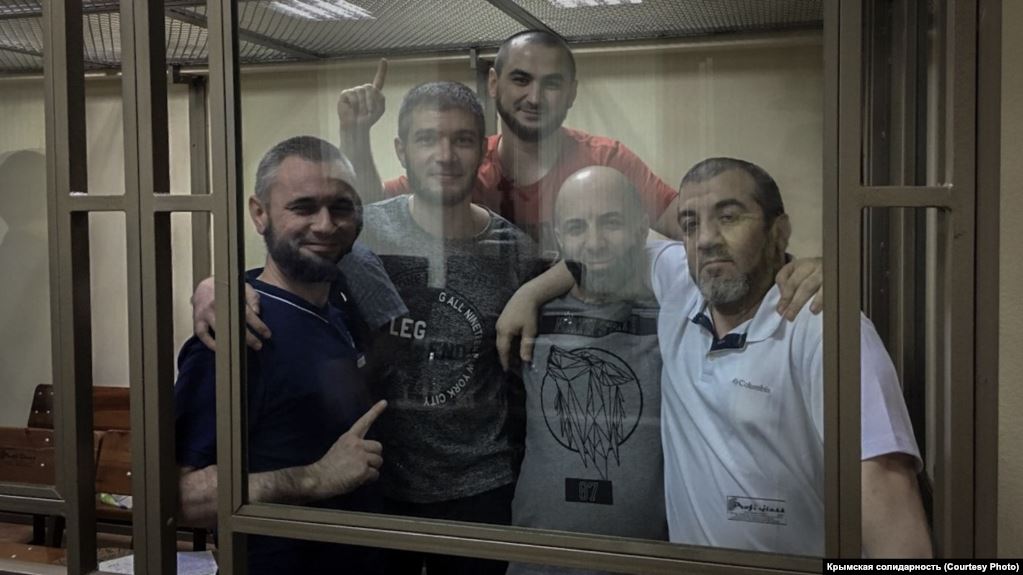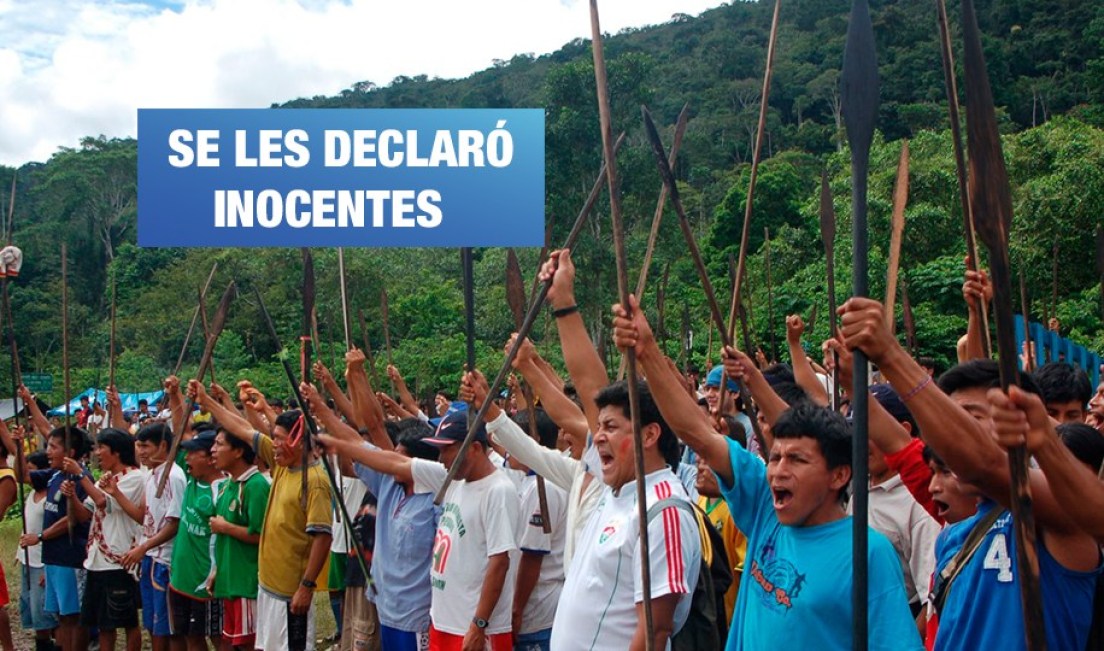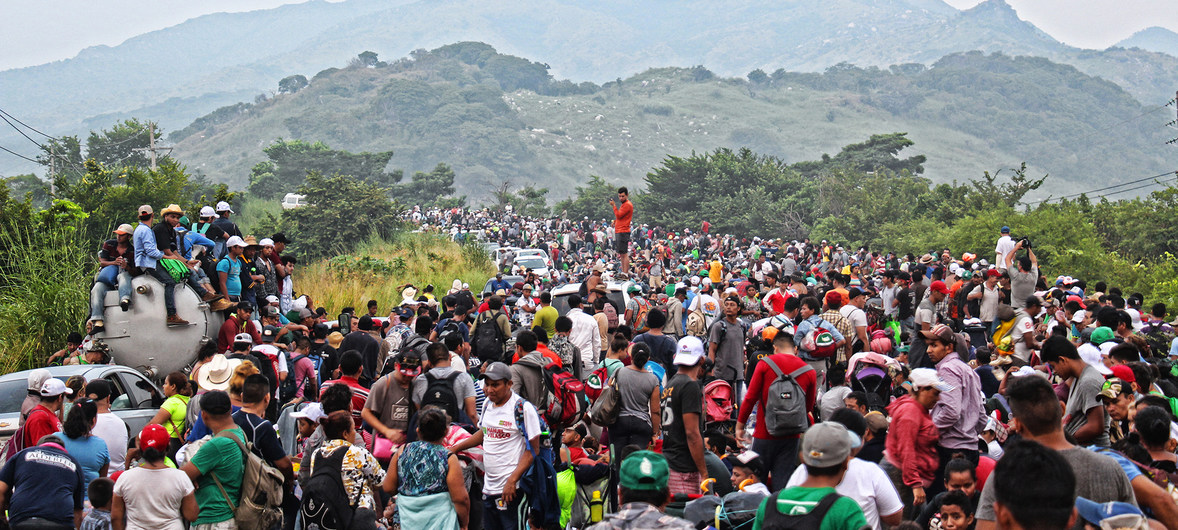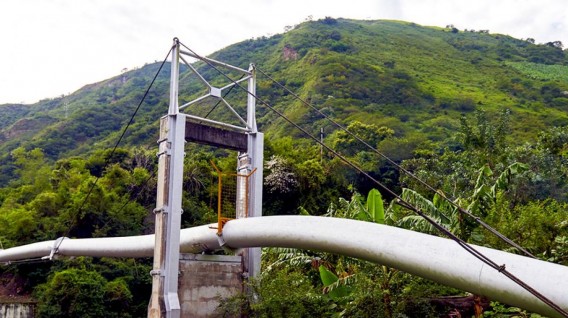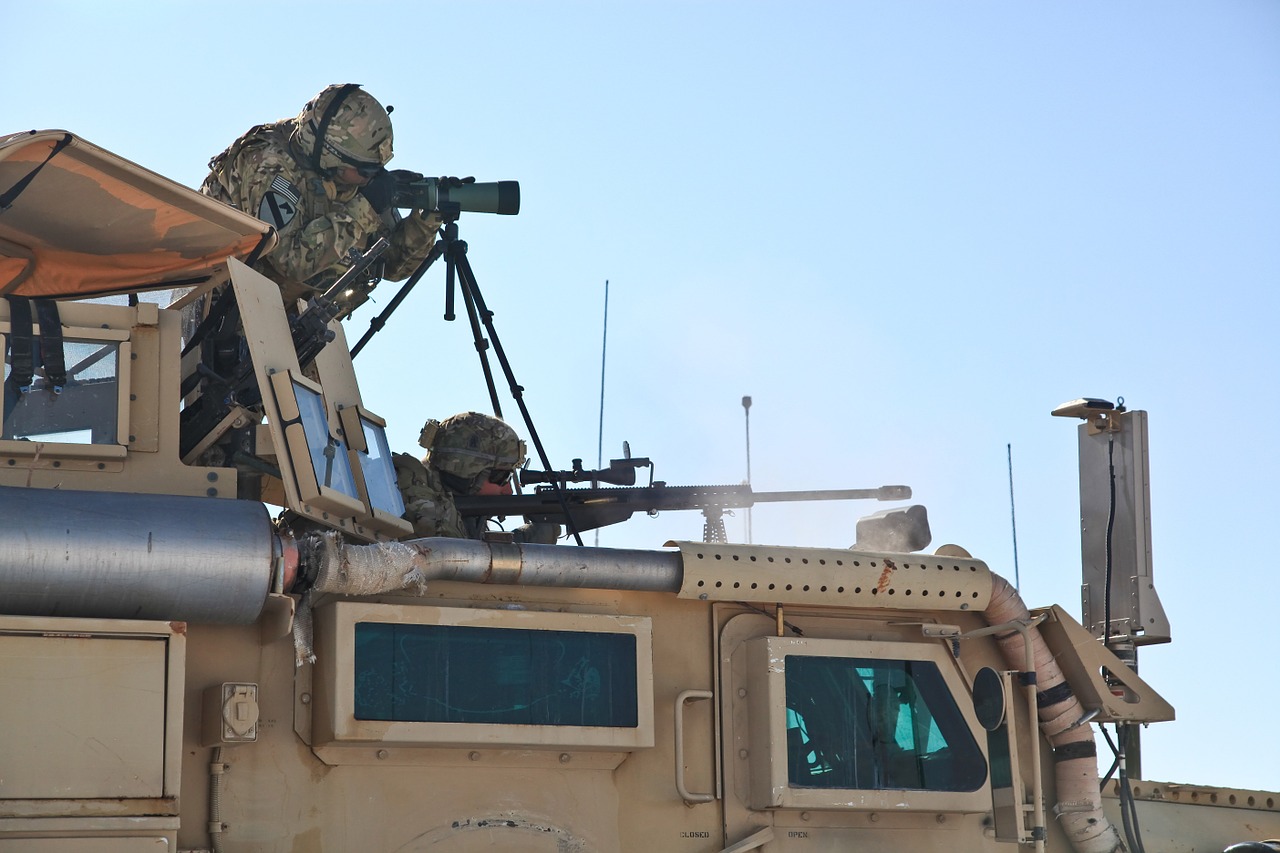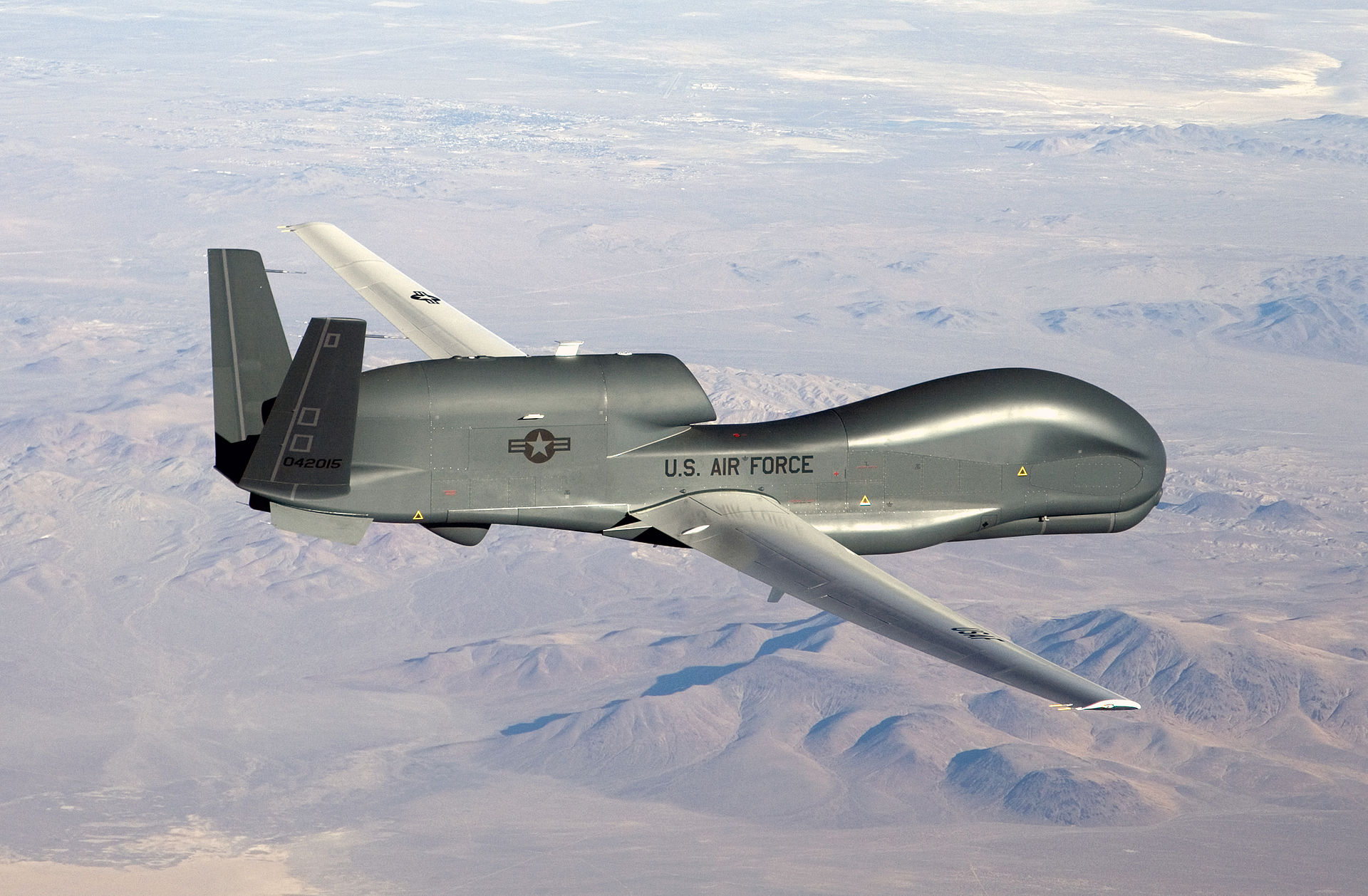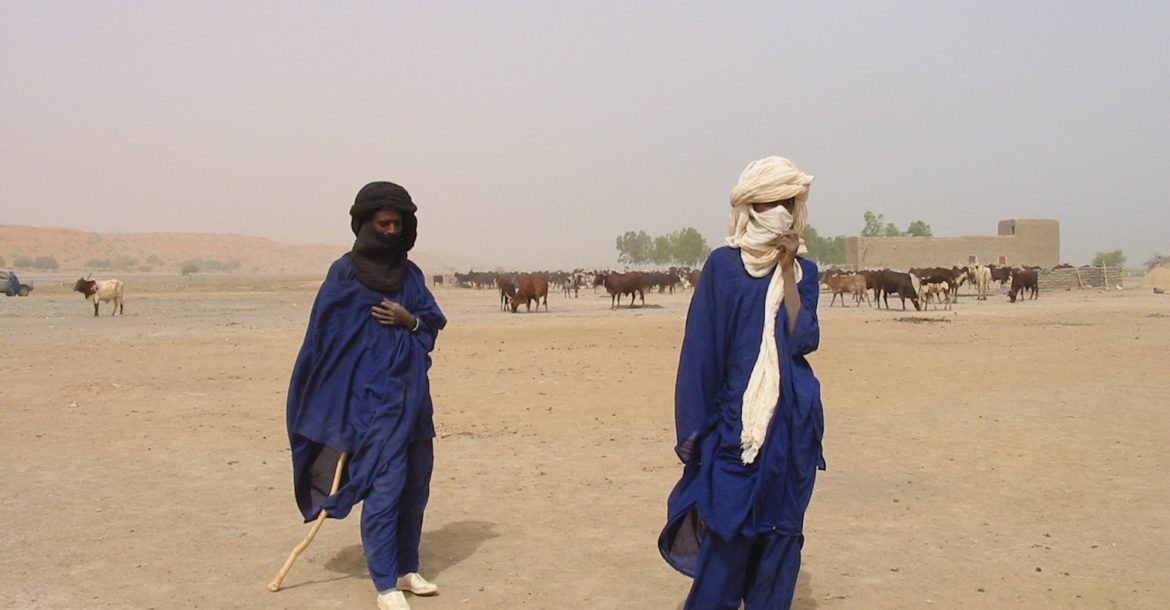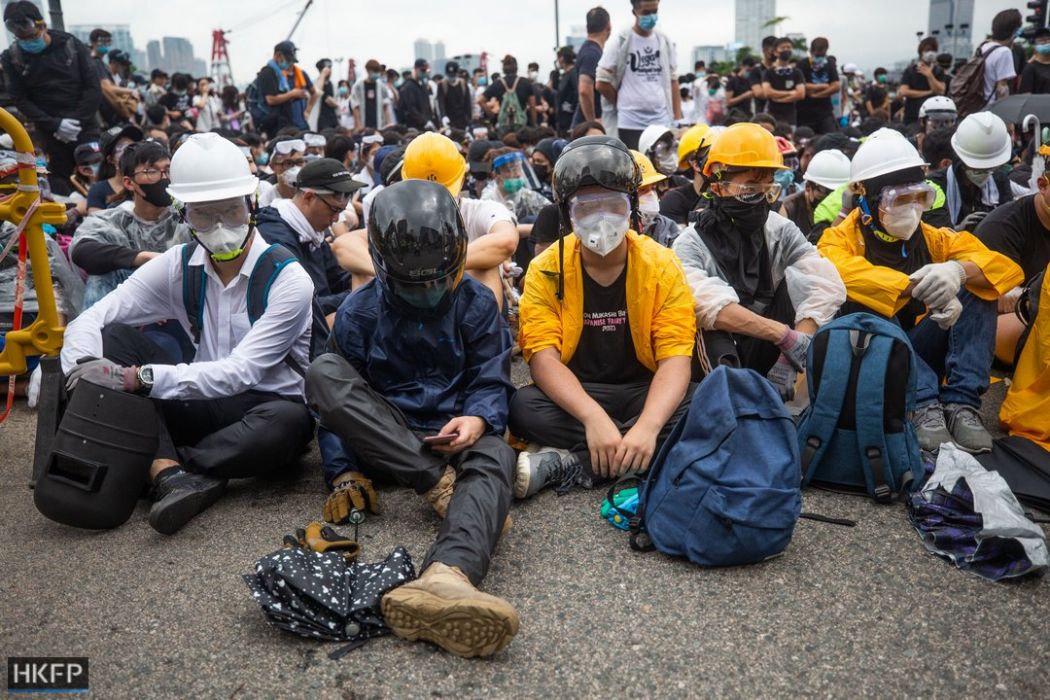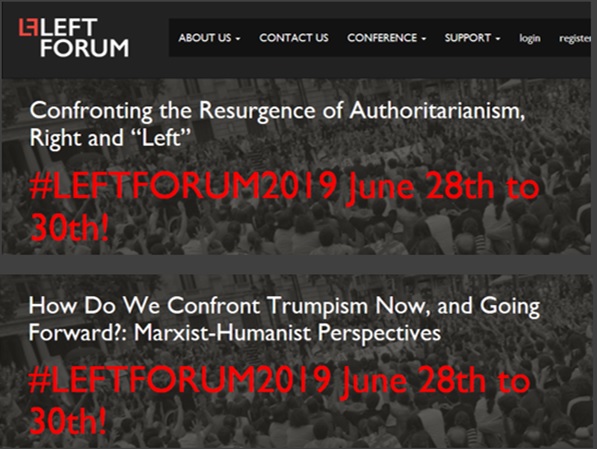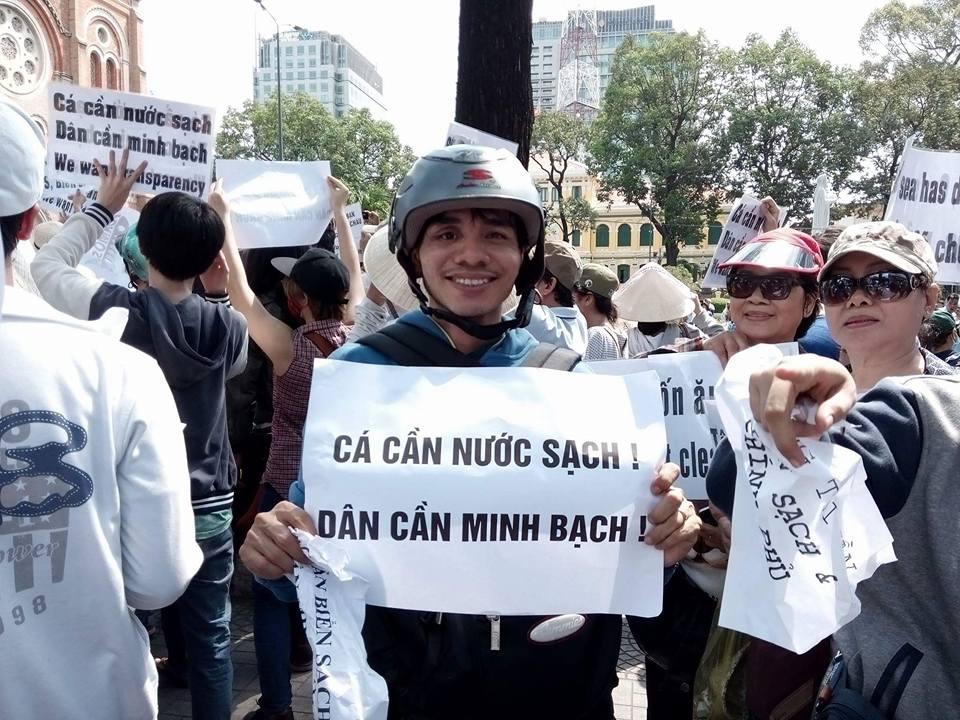
Vietnam: ‘free trade’ advances; free speech retreats
The European Council announced that it has approved the European Union-Vietnam Free Trade Agreement (EVFTA), hailed as the most ambitious trade pact between the EU and a developing country. Under EVFTA, upwards of 99% of tariffs on goods from both sides will be lifted. The deal was approved two weeks after a Vietnamese environmental activist was sentenced to six years in prison for “anti-state” Facebook posts. Nguyen Ngoc Anh, a shrimp farming engineer, is accused of writing posts that urged people to take part in peaceful protests over corporate pollution. The posts especially noted the Formosa Plastics disaster in 2016, in which a Taiwanese-owned steel plant dumped toxic waste into the ocean off the coast of central Vietnam, killing millions of fish. (Photo of Nguyen Ngoc Anh via Human Rights Watch. Sign reads: “Fish Need Clean Water, People Need Transparency.”)



